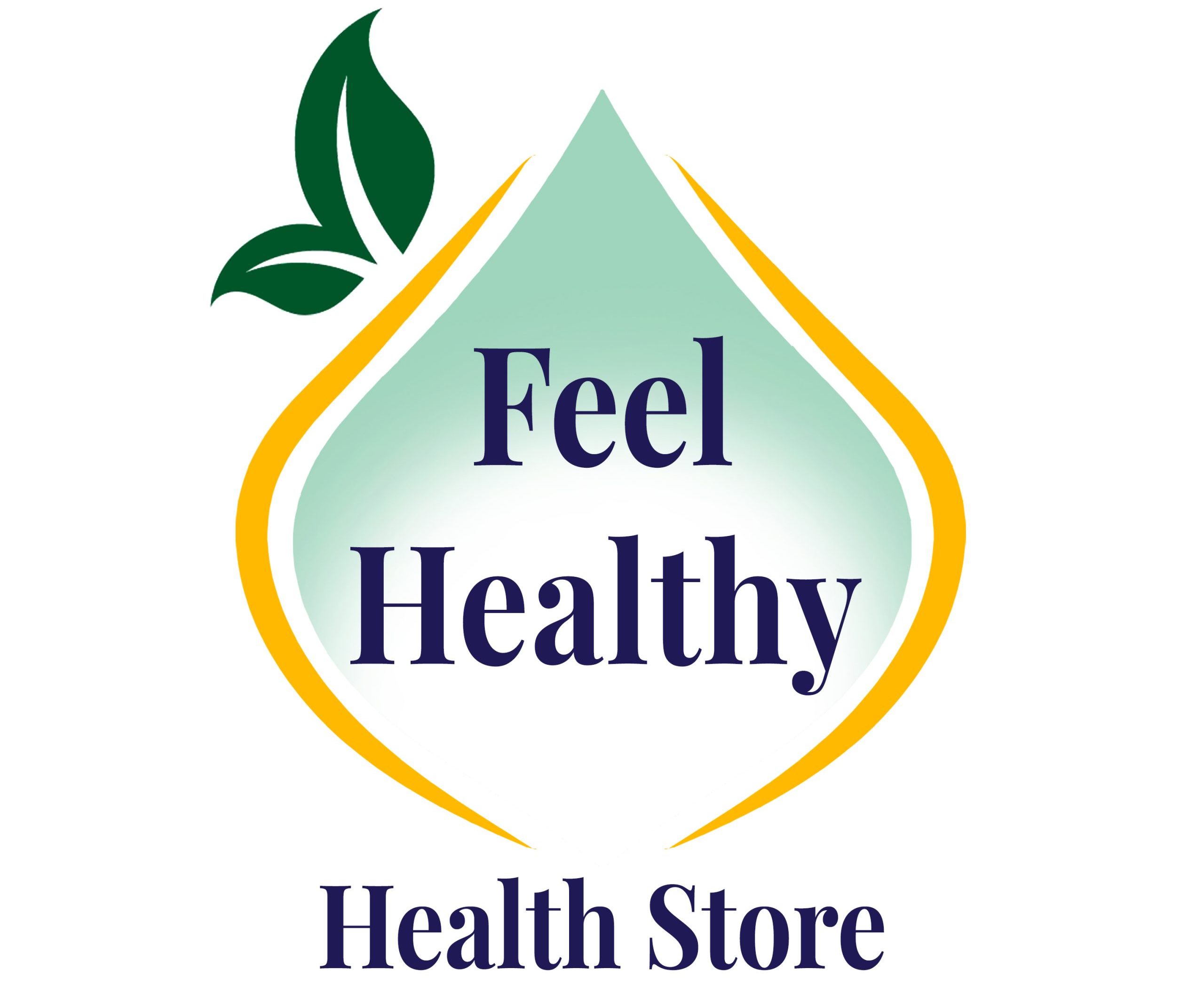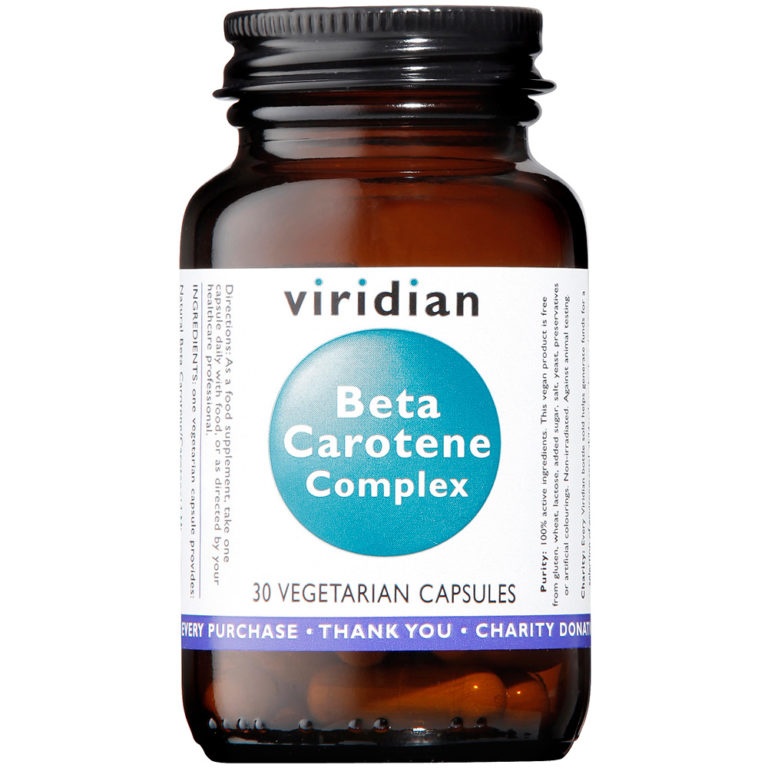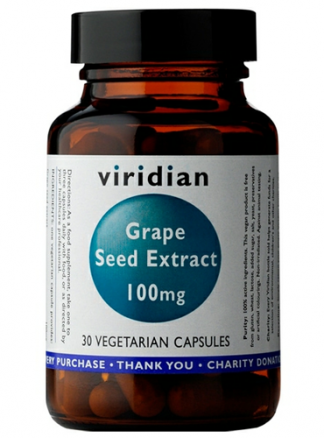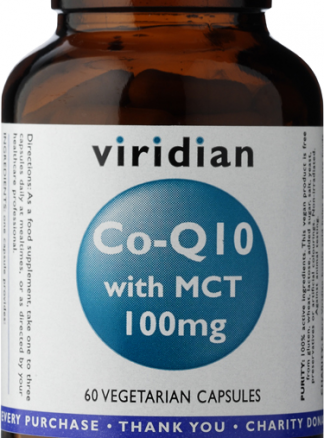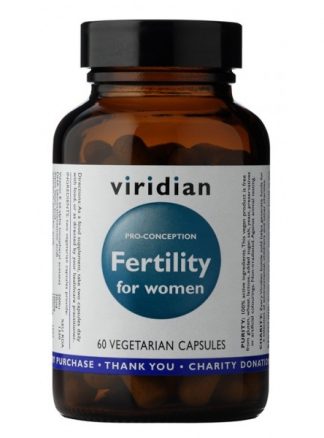Description
Viridian Beta Carotene (Mixed carotenoid complex)
ANTIOXIDANT PROTECTION
- CATARACTS
- ACNE
- COLDS
- RESPIRATORY INFECTIONS
- CARDIOVASCULAR PROTECTION
- PHOTOSENSITIVITY
- DRY EYES
- CYSTIC FIBROSIS
Dosage
Supplementation ranges from 15mg (25,000 iu) for general health, up to 300,000iu in treatment programs.
Beta-carotene is considered to be virtually non-toxic because humans tolerate high dietary dosages
Potential applications
Cataracts / macular degeneration (lutein & zeaxanthin)
Carotenoids are likely to be beneficial for acne and hyperkeratotic disorders.
Colds, respiratory infections, cardiovascular protection, photosensitivity (e.g. solar urticaria), dry eyes, preventing damage through sun exposure, vaginal candidiasis. Ailments of the mucosal surface (epithelial cells).
Cystic fibrosis – upwards of 15mg beta-carotene per day have been shown to suppress lipid peroxidation Cognitive function in the elderly may be associated with carotene status.
Beta carotene is required for healthy corpus luteum development, and so is important for healthy reproduction and may help prevent ovarian cysts.
Known contraindications
High vitamin A intake is contra-indicated in pregnancy, whereas the non-toxic carotenoids are suitable for supplementation.
Interactions
The conversion of carotenes to vitamin A depends on several factors, including protein status, thyroid hormones, zinc, and vitamin C. The conversion rate diminishes as carotene intake increases and when serum retinol levels are adequate.
The cleavage of vitamin Beta carotene into retinol requires vitamin E. Vitamin A appears to increase the bioavailability of inorganic iron and improve haemoglobin production.
